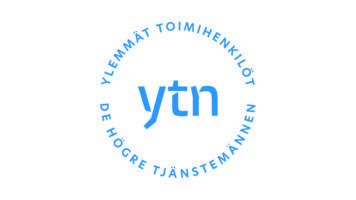
The number of senior salaried employees in the labour market is higher than ever. The negotiating organisation for senior salaried employees is also larger than ever. In our activities and lobbying, we must be able to respond to the fact that the role of senior salaried employees in the labour market is growing and, thereby, our role in lobbying is becoming increasingly important.
One noteworthy point is related to the activities of senior salaried employees in their workplaces. We are disagreeing a lot less with employers. At least, officially it seems to be so. In all branches, our shop stewards submit very few dispute memoranda, which are used to transfer disagreements between the labour market organisation.
When I listen to the shop stewards, I am not convinced at all that this is because there would be less disputes. For some reason, they are not “formalised” in a memoranda. If you feel like you don’t want to fight, that’s a shame.
A dispute memorandum is not an argument, but the addressing of issues through a process. A memorandum will make it clear to the parties what the disagreement is about.
If there is disagreement on the interpretation of the agreements, it is worthwhile to disagree. If you cannot get sufficient information in the local salary negotiations or if the role of credit is otherwise ignored, it is advisable to raise the matter with the employer, and if the issue is not corrected, to draw up a dispute memorandum. Otherwise, we will once again hear from the employers that you do not seem to have any conflicts in the field, as there are no disputes.
If everything is going smoothly, it’s more than good. If there are disagreements, they should be addressed. You can get advice and help from the experts of your own YTN affiliate.
Disagreeing does not mean arguing.
